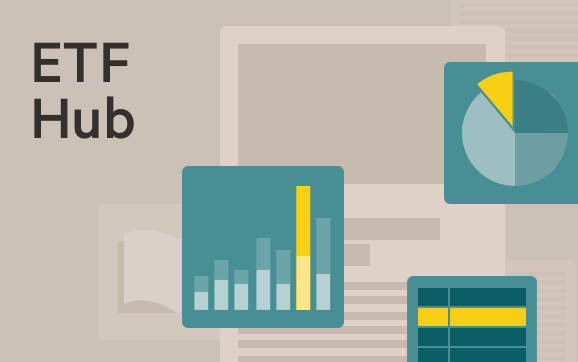Europe’s digital retail ETF market catches State Street’s attention

Simply sign up to the Exchange traded funds myFT Digest -- delivered directly to your inbox.
Latest news on ETFs
Visit our ETF Hub to find out more and to explore our in-depth data and comparison tools
State Street Global Advisors is exploring digital distribution of exchange traded funds as European retail investment platforms continue to grow in popularity.
Inflows to ETFs from retail investors without financial intermediaries have been rising, particularly in Germany, where savings plans have encouraged the use of low-cost products.
The number of ETF savings plans in Germany has grown from 160,000 in 2014 to about 3.76mn. Assets in the plans have grown from €194mn to €7.7bn over the same period, according to extraETF Research.
Matteo Andreetto, head of SSGA’s SPDR ETF business for Europe, the Middle East and Africa, said this comprised the “fastest-growing segment for ETF adoption globally”.

This article was previously published by Ignites Europe, a title owned by the FT Group.
SSGA is responding to the growing importance of retail investors as a distinct distribution channel, which has traditionally accounted for a small part of the European ETF market behind wholesale and institutional clients.
“The emergence of the digital wealth channel . . . is definitely something we are monitoring, and we will spend more time on it,” Andreetto said, adding that he was “doing a lot of work” on the space.
He said digital platforms are “becoming more and more relevant” for ETF providers. The digital channel initially grew in Germany and has subsequently done so across continental Europe, although the UK was “slightly more muted”, he said.
SSGA has “historically” been a business-to-business ETF provider, Andreetto said, “so if I stick to my B2B DNA I should just engage with each platform”.
“But the reality is that I need to be able to influence, or at least to understand, what [retail investors] buy and how they buy.”
The firm has rolled out “chat functionalities” on its UK and German websites as it adapts to the growing digitalisation of ETF sales, albeit restricted to professional investors so far.
Andreetto said SSGA was “looking at what else we can do with [artificial intelligence] in terms of increasing engagements” with professional clients.
He was also looking at other industries as part of the firm’s efforts to understand how digital distribution may affect asset managers.
“Technology, especially for asset management distribution, will play a role as it did for other industries in terms of the future profitability of the industry,” he said.
Andreetto gave the example of clothing retailers being able to geolocate customers and offer them products according to the climate or weather.
He asked who would carry the liability if an equivalent approach to selling clothes was taken up by fund houses.
Latest news on ETFs

Visit the ETF Hub to find out more and to explore our in-depth data and comparison tools helping you to understand everything from performance to ESG ratings
“If you log into chat and the AI tells you that you should buy emerging market debt and you are not fully aware of the risks that there are, who is going to be liable for that? the AI? Microsoft? The [fund] providers?” he said.
He also said that retail investors’ growing demand for ETFs had come despite the channel not being particularly drawn to environmental, social and governance products, despite these funds having attracted a large proportion of industry-wide flows in Europe over recent years.
“The biggest new buyer [of ETFs] is not an ESG-sensitive investor,” Andreetto said.
*Ignites Europe is a news service published by FT Specialist for professionals working in the asset management industry. Trials and subscriptions are available at igniteseurope.com.
Comments